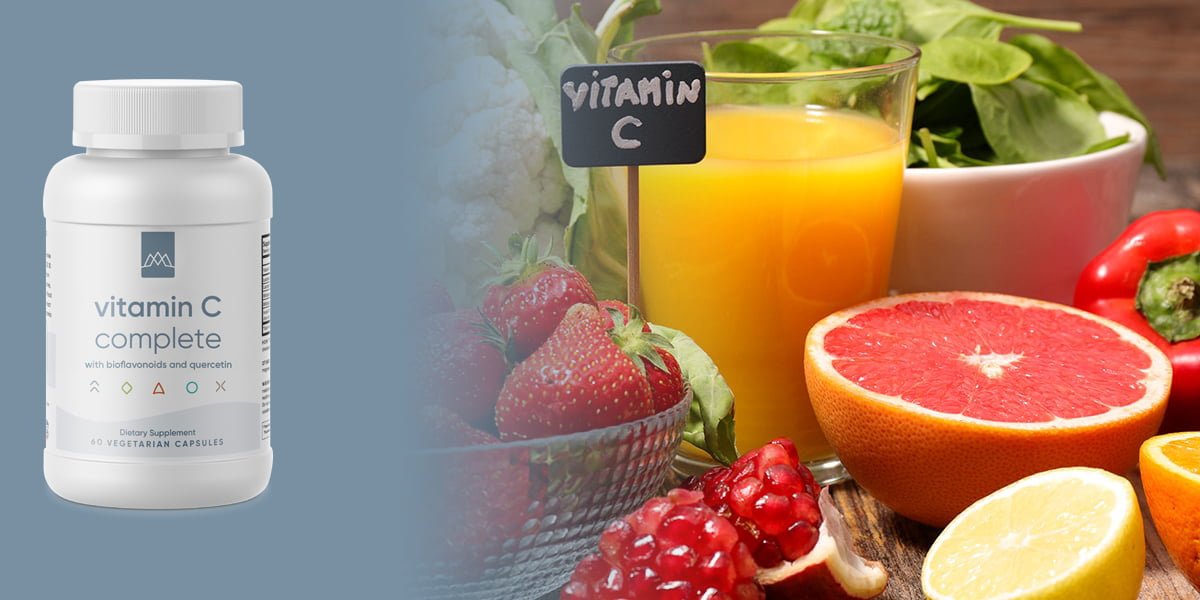Introduction
Skin elasticity is crucial for maintaining a youthful appearance and overall skin health. Several vitamins play significant roles in supporting skin elasticity by promoting collagen production, protecting against oxidative stress, and maintaining skin structure. This guide explores the vitamins most beneficial for skin elasticity and how they contribute to healthy, resilient skin.
Vitamin A
Vitamin A is essential for skin health, playing a key role in cell growth and repair. It supports skin elasticity by stimulating collagen production and promoting cell turnover.
FAQs about Vitamin A for Skin Elasticity
What role does Vitamin A play in skin elasticity? Vitamin A helps in maintaining and repairing skin tissues, contributing to improved elasticity.
How can Vitamin A deficiency affect skin elasticity? A deficiency in Vitamin A can lead to dry, flaky skin and potentially impact elasticity over time.
Vitamin C
Vitamin C is renowned for its antioxidant properties and its role in collagen synthesis, crucial for maintaining skin elasticity and firmness.
FAQs about Vitamin C for Skin Elasticity
How does Vitamin C contribute to skin elasticity? Vitamin C promotes collagen production, which enhances skin elasticity and reduces wrinkles.
Is topical Vitamin C effective for improving skin elasticity? Yes, topical Vitamin C can penetrate the skin and provide antioxidant protection, supporting elasticity.
Vitamin E
Vitamin E is a potent antioxidant that protects skin cells from damage caused by free radicals, thereby preserving skin elasticity and smoothness.
FAQs about Vitamin E for Skin Elasticity
What are the benefits of Vitamin E for skin elasticity? Vitamin E helps in maintaining skin moisture and elasticity by neutralizing free radicals.
Can Vitamin E improve existing skin elasticity? Yes, Vitamin E can help improve skin elasticity by promoting healing and preventing oxidative stress.
Vitamin B Complex
B vitamins, particularly B3 (niacin), B5 (pantothenic acid), and B7 (biotin), contribute to healthy skin by supporting cell metabolism and promoting moisture retention.
FAQs about B Vitamins for Skin Elasticity
Which B vitamins are most beneficial for skin elasticity? B3, B5, and B7 are particularly beneficial as they support skin barrier function and moisture retention.
How do B vitamins help improve skin elasticity? They promote skin cell regeneration and moisture retention, which are essential for maintaining elasticity.
Vitamin D
Vitamin D plays a role in skin cell growth, repair, and metabolism, contributing indirectly to skin elasticity by supporting overall skin health.
FAQs about Vitamin D for Skin Elasticity
Does Vitamin D directly affect skin elasticity? While Vitamin D primarily supports overall skin health, it indirectly helps maintain elasticity by supporting skin cell function.
Can Vitamin D deficiency impact skin elasticity? Yes, a deficiency in Vitamin D can lead to skin issues that may affect elasticity over time.
Vitamin K
Vitamin K aids in blood clotting and can help reduce the appearance of bruises and dark circles, contributing to a healthier appearance and potentially supporting skin elasticity.
FAQs about Vitamin K for Skin Elasticity
How does Vitamin K benefit skin elasticity? Vitamin K promotes blood circulation, which can improve the overall appearance of the skin and potentially support elasticity.
Is topical Vitamin K effective for enhancing skin elasticity? Topical Vitamin K formulations may help improve the appearance of the skin, including elasticity.
Collagen Supplements
While not a vitamin, collagen supplements are often included in discussions about skin elasticity due to their direct role in supporting skin structure and firmness.
FAQs about Collagen Supplements for Skin Elasticity
Do collagen supplements really improve skin elasticity? Collagen supplements can help support skin elasticity by providing additional structural support to the skin.
What is the best way to take collagen supplements for skin elasticity? Oral collagen supplements are typically recommended for improving overall skin health and elasticity.
Conclusion
Maintaining skin elasticity involves a combination of good skincare practices and ensuring adequate intake of essential vitamins and nutrients. Incorporating these vitamins into your diet or skincare routine can help support skin elasticity, keeping your skin looking youthful and healthy.
- Xela Rederm Skin Booster Treatments Near Weybridge, Surrey - January 12, 2025
- Traptox Aka Trapezius Botox Treatment Near Gatton, Surrey - January 10, 2025
- Skin Injectables Near Shamley Green, Surrey - January 7, 2025



